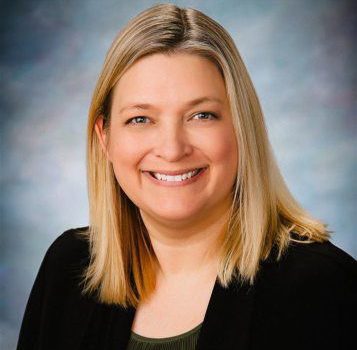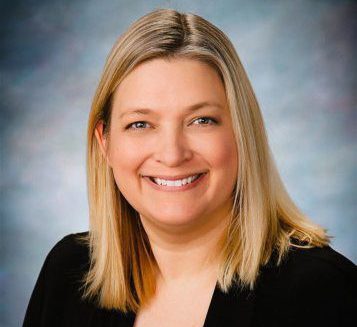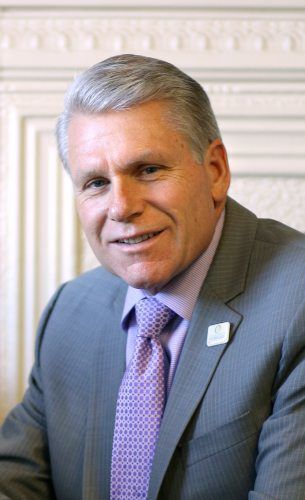As the City of Dubuque pushes through a difficult fiscal year, officials are reporting that potential budget shortfalls are not as drastic as previously believed.
Dubuque leaders now project revenue shortfalls of $2.1 million in fiscal year 2021, which began on July 1. These losses are about $3 million less than initially projected.
Dubuque Director of Finance and Budget Jenny Larson said the revision comes on the heels of a recent payment schedule issued by the Iowa Department of Revenue, which forecasts what municipalities will receive from the local option sales tax.
“We have expected to see a significant drop,” Larson said. “However, that was not the case.”
The improved sales-tax projections present some good news at a time when the COVID-19 pandemic continues to loom large over city operations.
Earlier this year, the city took myriad measures to address shortfalls in multiple revenue streams, including local option sales tax, hotel and motel tax and gaming tax.
These measures included freezing most travel budgets, delaying most equipment purchases, freezing most vacant positions and delaying the majority of capital improvement projects.
On top of these cuts, City of Dubuque department leaders were asked to prepare for scenarios to cut 10%, 20%, 30% or more of their budgets as the pandemic unfolds.
City Manager Mike Van Milligen emphasized that the city has no intention of implementing those additional cuts due to the improved projections and the expectation of a smaller revenue shortfall.
While the outlook is not as bad as before, he said the city is not completely out of the woods.
“An important point to remember is that there is still a revenue loss,” he said. “… While it isn’t as bad as we thought it was, it is still bad.”
The financial standing of the city and multiple other Dubuque entities was improved by the inflow of federal funds.
This includes more than $3.6 million in federal transportation administration funds, $112,000 in Housing and Urban Development Housing Choice Voucher funds, $1.1 million in federal Aviation Administration Funds, $69,000 in supplemental funding through Police Federal Bureau of Justice, $45,000 from the Ambulance Public Health and Social Services Emergency Fund and $965,000 in Community Development Block Grant. In many cases, the city was merely the conduit through which the funds were passed to other community organizations, Van Milligen noted.
Larson explained that the city was automatically eligible for some of these funds but had to apply for other sources of federal revenues.
That includes the city’s portion of $125 million allocated by Gov. Kim Reynolds for reimbursements to local governments for direct expenses incurred in response to COVID-19. The city’s portion of that allocation is nearly $1.4 million.
The city’s attempts to limit the financial burden on residents also could impact the cash flow in fiscal year 2021.
Van Milligen noted that the city reduced refuse and trash collection fees and decreased property taxes for the average residential, commercial and industrial properties.
“The City Council had a strong emphasis on minimizing expenses (for residents) realizing there were going to be a lot of unemployed people this year,” he said.
City of Dubuque policies dictate that it must have 20% of the general fund in reserve. The current reserve fund balance sits at about $17.1 million, which is about 24%.
“So far, we haven’t had to use (our reserves)” Van Milligen said. “It is a good thing that the City of Dubuque entered this pandemic in a very strong financial position.”
While the outlook for the local option sales tax has improved, Van Milligen emphasized that city revenue continues to fall short in other revenue categories. This includes parking revenue, gaming tax and hotel and motel tax.
As the year goes on, city officials will continue to keep a close eye on projections.
“We are re-evaluating on a quarterly basis,” Van Milligen said. “ … There is still a tremendous amount of uncertainty this year.”




